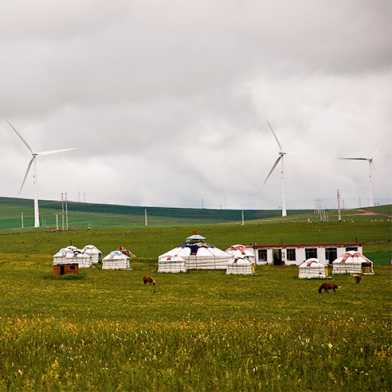August
"ISTP4Public" NEW Video: Impacts of Improved on-Farm Storage

Nourishing a growing world population in ecologically sustainable ways is one of the main goals of the United Nations’ 2030 Agenda for Sustainable Development. The new video of our "ISTP4Public" series is out and it provides fresh insights into the impacts of improved on-farm storage as a means for reducing seasonal food insecurity. Michael Brander, researcher at the ISTP, gives an insight into his and Matthias Huss’ research project focused on Sub-Saharan Africa.
The new roadmap for stopping climate change bypasses the land of carbon taxes

The legal mechanism that people have been counting on to stop climate change has been politically unpopular for years. Amazingly, climate policy experts are now becoming confident that we can end CO2 emissions. An insightful study by the ISTP member Prof. Anthony Patt advocates that there are policy instruments that do fit climate change and are politically feasible. It suggests a roadmap for solving climate change that focuses first on supporting new technologies, and then on bringing down emissions.
Financing the Sustainable Development Goals

In 2015 the global community agreed on a set of Sustainable Development Goals to put our planet on an environmentally, socially and economically sustainable trajectory. While the SDGs are an impressive testament to international cooperation, they were not accompanied by a clear plan of how to finance them. A recent study by ETH researchers focuses on multilateral development banks (MDBs), a leading group of finance institutions to channel resources to development goals.
The politics of climate finance: Consensus and partisanship in designing green state investment banks in the United Kingdom and Australia

Climate change mitigation has been politicized in many countries, potentially blocking the introduction of climate policies. Publicly funded green investment banks are one policy instrument that mobilizes private finance into national opportunities. ETH researchers incl. ISTP member Prof. Tobias Schmidt analysed the parliamentary discourse behind the design of two cases of green investment banks. Their results produce observations allowing to develop four propositions for further investigation.